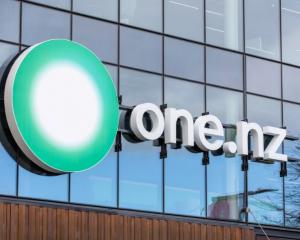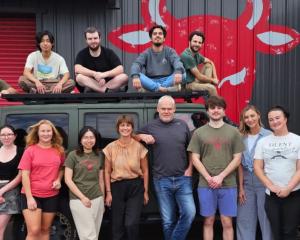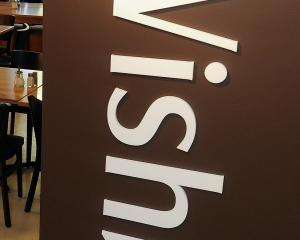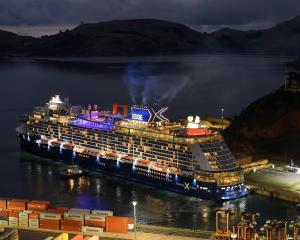
The dual decline was the first since early 2009, following a ''remarkable run of seven consecutive positive quarters'', Scott McClay, corporate finance partner in Deloitte's Christchurch office, said.
''During the remarkable run of seven straight quarterly increases it was the performance of the largest companies, particularly Ryman Healthcare and EBOS Group, which largely drove the index's appreciation,'' he said in a statement.
The Deloitte index measures market capitalisation movement, tracking the performance of 31 listed companies which either have a registered office or substantial portion of operations in the South Island.
The 27th edition of the index fell by $117.6 million, or 1%, to $11.3 billion.
The biggest decline during the September quarter was suffered by Ryman Healthcare, which experienced its worst quarterly performance in dollar terms since the inception of the index, Mr McClay said.
Ryman dropped capitalisation by $370 million, or 8.7%, after the company's share price plunged 74c to $7.81 per share, during the September quarter, despite Ryman announcing positive milestones during the quarter.
Mr McClay said there did not appear to be any prominent reason for the share price decline, saying investors may have been profit-taking - ''crystallising their significant gains'' during the past 11 quarters.
EBOS Group also had a disappointing quarter, falling $124.9 million, or 8.3%. The major decline, in early August, coincided with a global share sell-off as rising geopolitical tensions and falling dairy prices took confidence out of the market, Mr McClay said.
The energy and mining sector was the leading performer in dollar terms, with $216 million growth in market capitalisation, or 13%, mainly due to an impressive result from Meridian Energy.
However, West Coast coal mine developer Bathurst Resources and Chatham Rock Phosphate, which is proposing to mine seafloor phosphate, let the sector down with respective quarterly declines of 13.6% and 46.4%.
The port sector was another strong performer, achieving growth of 25.4%. Lyttelton Port Company performed strongly, growing its market capitalisation by $92.1 million, or 28.1%. The increase was in August,
following Christchurch City Council's announcement to takeover 100% of the LPC, purchasing Port Otago's 15.8% stake for $66.5 million. LPC is to be delisted from the stock exchange next month.
South Port also had a good quarter, with growth of $14.1 million, 15.5%, following a record profit announcement for the year to June.
Dunedin-based cancer diagnostic company Pacific Edge had a good quarter, its market capitalisation increasing by $47.8 million, or 19.2%).
The reason was twofold, the company having finalised a research agreement with a Californian health care network and been granted patents in the US for melanoma detection and Japan for colorectal cancer technology.
For the quarter, after dropping the results of the three largest companies, the remaining 28 companies grew the index by a collective 3.4% during the period, Mr McClay said.
''The silver lining is that the smaller companies are stepping up and providing strength to the Index as they rally to help weather any storm,'' he said.
The index's top performer for the quarter was Meridian Energy.
Meridian grew by $238.5 million, or 15.3%, during the quarter to September 30, after National's election result removed any immediate regulatory fears investors may have held.
Brewer the Moa Group posted the largest percentage growth during the quarter at 49.6%, or $6.5 million in market capitalisation, following an oversubscribed rights issue in August.
During the year to September, the Deloitte South Island Index increased by $1.23 billion, or 12.2%.
This outperformed the yearly increases of 1.5% for the ASX All Ords and 11% for the NZX 50, but the Deloitte index was pipped by the Dow Jones, which increased its market capitalisation by 12.6% during the 12-month period, Mr McClay said.
Five of the index's eight industry sectors posted positive quarterly movements, the port sector leading with 25.4% growth, and the bio-tech sector was robust, with 19.7% growth.
Conversely, both the property and manufacturing and distribution sectors declined. The former fell 8.5% and the latter was down 8.4%, due to the quarterly falls of Ryman and EBOS.












